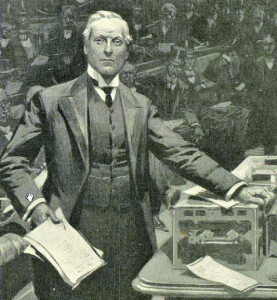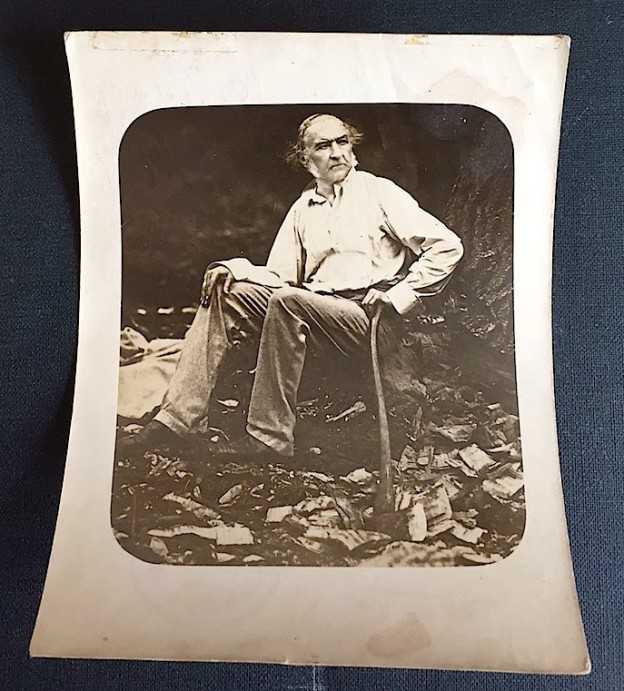 Found among papers at Jot HQ is this carbon copy of an anonymous typescript article on the Liberal Prime Minister H. Herbert Asquith (1852—1928). The author—evidently a Liberal supporter and a great fan of Asquith—reveals various tantalising clues as to his identity, but remains a mystery, despite intensive online research by your constant Jotter.
Found among papers at Jot HQ is this carbon copy of an anonymous typescript article on the Liberal Prime Minister H. Herbert Asquith (1852—1928). The author—evidently a Liberal supporter and a great fan of Asquith—reveals various tantalising clues as to his identity, but remains a mystery, despite intensive online research by your constant Jotter.
As he was a junior member of staff at the Home residential school in Heaton Mersey ( a reform establishment ) from 1905 – 1910 and remembers reading in 1907 ‘ a wrong prognostication in a Manchester newspaper, the Daily Despatch ‘ concerning Asquith’s cabinet, he was probably born in the early eighteen eighties. An online site devoted to the school from around 1893 to 1909 does give the names of the teaching staff during this period, including the Head Teacher (a Conservative), who took part in ‘ exciting arguments ‘ with our writer on various hot topics of the day , most notably Lords Reform. However, when the names of the teachers were searched for , the results were disappointing. If our Asquith supporter made some sort of name for himself as a teacher or mover of some kind in Manchester or elsewhere, it seemingly wasn’t big enough to figure online. If those in the Jottosphere can make anything of W. M. Powell, Mr Barlow, Mr Mayall, J. W. Ross, Mr Milburn or J. R. Burns, then we at Jot HQ would like to hear from them. What the Asquith supporter has to say on his hero is rather interesting.
He felt that Asquith’s ‘ parliamentary gifts ‘ were equal to those of Gladstone and that the reform of the Lords, against immense opposition, was his ‘ crowning glory ‘. He revealed that as a young man two of his ambitions were to see Frank Woolley bat for Kent and to hear one of Asquith’s ‘ oratorical triumphs ‘. He fulfilled the first, but was disappointed in the second. However, consolation came in the form of a visit to the City Temple, Holborn, where he heard Asquith deliver an ‘ exquisite ‘ and ‘decidedly witty’ address of ten minutes alongside the Education minister, Donald Maclean. He also conceded that his hero was capable of errors, the most significant of which was his opposition to Proportional Representation, which the first Labour leader, John Burns, had supported. ‘ Had Burns been successful in his quest ‘, our writer declared,’ today there would have been more Liberals in Parliament ‘. A prescient remark, given the long-standing campaign by our present-day Lib Dems ! Continue reading



